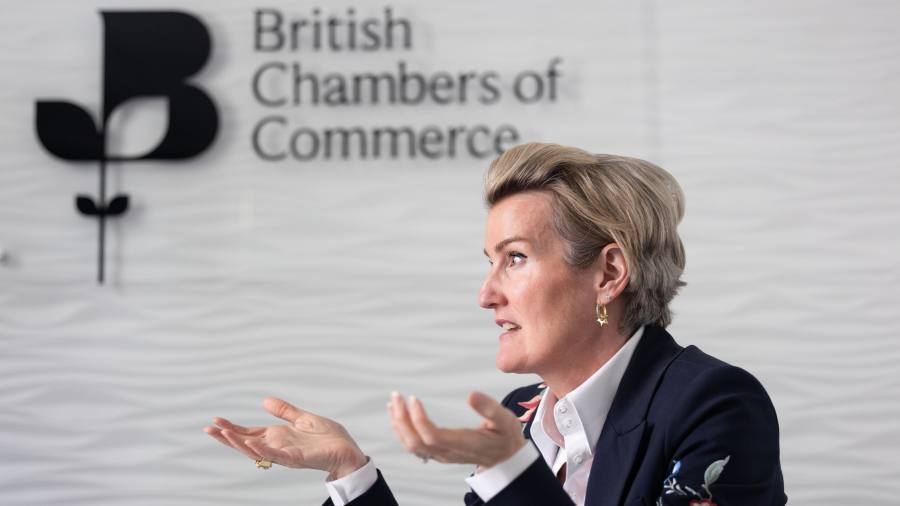The CBI business lobby group was hit with a new threat to its future on Sunday as its rival, the British Chambers of Commerce, created a new grouping in a bold move to become the voice of the UK’s most prominent companies.
BP and Heathrow are among the companies that have joined the newly formed business council, which the BCC said was part of a “new national offer to businesses”.
Power-generation group Drax and hotel group IHG have also signed up as founding members of the council, which the BCC said would aim “to design and drive the future of the British economy”.
It follows the abandonment of the CBI by some of its leading members, including Aviva and NatWest, after a scandal over allegations of sexual harassment and other misconduct.
BCC director-general Shevaun Haviland said: “Over the past few months, working closely with the chamber network, we have been talking to the nation’s largest corporates and it has become clear to us that they are looking for a different kind of representation.”
“These businesses want to be part of a framework that’s rooted in their local communities but with the ability to shape the national and international debate.”
Leaders of the BCC will meet in London on Monday with the council’s founders and other potential members just a day before the CBI holds an extraordinary general meeting seeking the backing of its members.
The BCC’s formation of a new council for large businesses drew an unhappy response from within the CBI, which has been frozen out by government ministers and has halted most activities since April.
A person close to the CBI said: “The timing of this is very opportunistic. Business succeeds through a collaborative approach and we find that more effective.”
The CBI, whose membership partly overlaps with the BCC’s, has told staff it will slash its wage bill by a third after high-profile members paused or cancelled their membership.
Siemens and Microsoft have been leading a last-minute drive to shore up support for the CBI ahead of Tuesday’s confidence vote in the organisation.
The uncertainty over whether the CBI will survive has sparked questions over whether one of its rivals could expand to fill the gap. It could also potentially be replaced by a new organisation or by other, smaller lobby groups merging.
The BCC said the new council would focus on issues for the UK economy ahead of the next general election, including digitalisation, net- zero policies and the future of the high street.
Haviland said Westminster was already gearing up for an election before the end of 2024. “The voice of business needs to be heard loud and clear, and now is the right time for us to speak up,” she said.
Louise Kingham, head of UK and senior vice-president for Europe at BP, said: “The UK needs to retain its international competitiveness and it is essential that the voice of business is heard.”
Haviland told the FT last month that the BCC was “having conversations” with some, unnamed, former CBI members on joining her organisation. She told the body’s annual conference on May 17 that her organisation was an advocate “for every business”.
Read the full article here













